Nuclear power has always relied on uranium. It is a non-renewable energy source and the main heavy metal used to power nuclear reactors. Uranium ore was previously extracted from rocks, but scientists are working to find uranium sources from seawater. According to research, seawater contains a population of dilute uranium ions.
Researchers from the Qingdao Institute of Bioenergy and Bioprocess Technology (China) fabricated SA-DNA hydrogel microspheres to selectively adsorb uranyl ions (UO22+) using functionalized DNA fibers and low-cost sodium alginate (SA).
With a uranium-vanadium ratio of 43.6 in simulated seawater and 8.62 in natural seawater, the SA-DNA hydrogel microspheres showed significantly higher uranium selectivity than previously used amidoxime groups for uranium extraction.
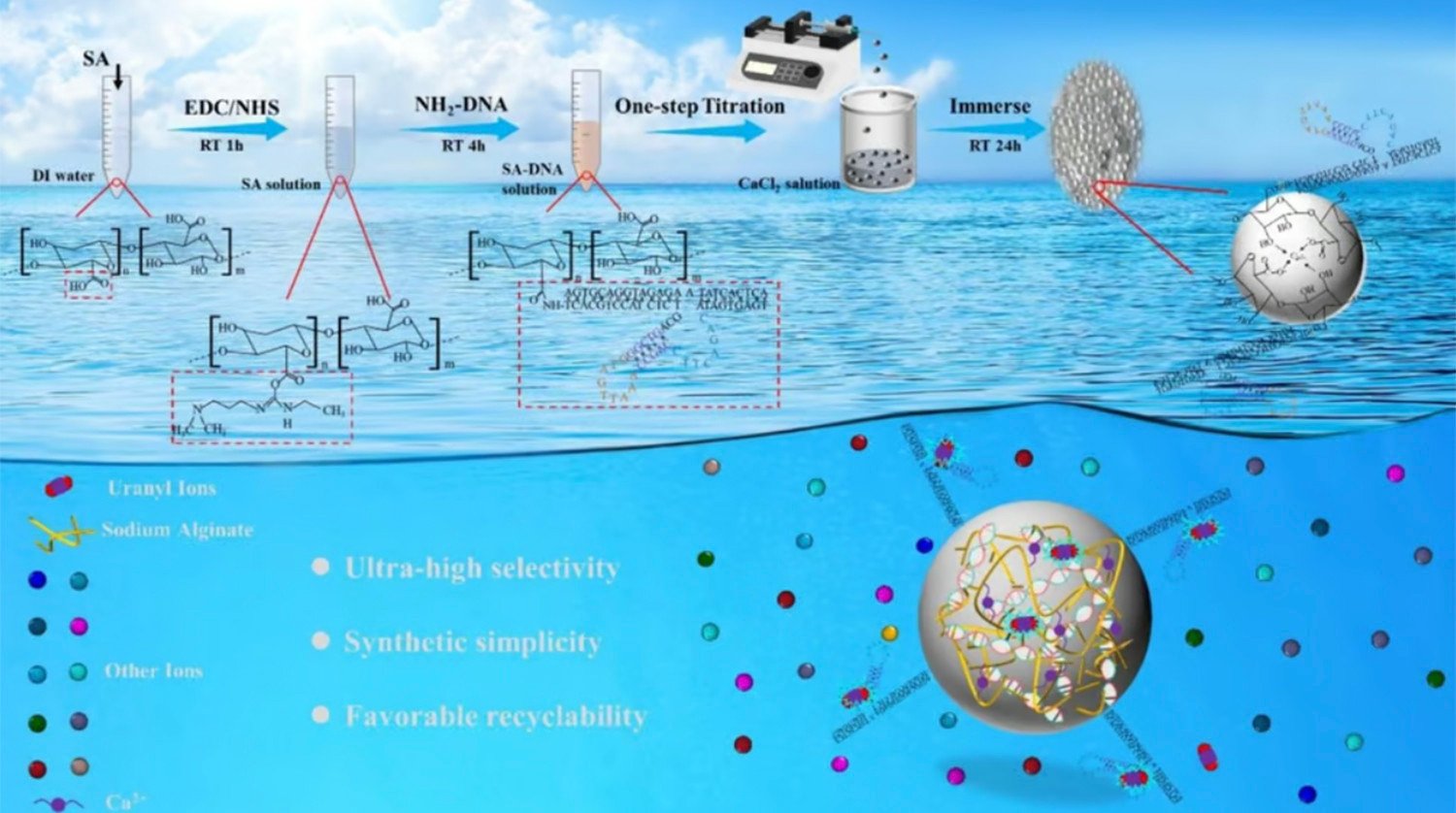
In addition, this new sorbent is mechanically durable and recyclable, inexpensive, easy to produce, and environmentally friendly. According to the study, these DNA-based adsorbents can extract additional valuable metal ions from seawater. Different DNAzymes have different abilities to identify different metal ions.
The Nuclear Energy Agency (NEA) estimates that there are 4.5 billion tons of uranium suspended in the ocean as dissolved uranyl ions. This is more than 1,000 times the amount of uranium found on land. However, extracting uranium from the ocean is like finding 1 gram of salt in 300,000 liters of fresh water.
With the invention of a new material that absorbs uranium in the ocean, China has made new progress in conquering its nuclear energy ambitions.
China is currently the world leader in nuclear energy development, having built 27 nuclear reactors. The country has set a target of building 150 more nuclear reactors between 2020 and 2035.
China claims to have self-produced about 90% of the technology needed for the world's first fourth-generation nuclear reactor.
(According to TechTimes)

Source: https://vietnamnet.vn/chiet-xuat-uranium-tu-nuoc-bien-mo-ra-nguon-nang-luong-gia-re-vo-tan-2306083.html


![[Photo] Visit Hung Yen to admire the "wooden masterpiece" pagoda in the heart of the Northern Delta](/_next/image?url=https%3A%2F%2Fvphoto.vietnam.vn%2Fthumb%2F1200x675%2Fvietnam%2Fresource%2FIMAGE%2F2025%2F11%2F21%2F1763716446000_a1-bnd-8471-1769-jpg.webp&w=3840&q=75)

![[Photo] President Luong Cuong receives Speaker of the Korean National Assembly Woo Won Shik](/_next/image?url=https%3A%2F%2Fvphoto.vietnam.vn%2Fthumb%2F1200x675%2Fvietnam%2Fresource%2FIMAGE%2F2025%2F11%2F21%2F1763720046458_ndo_br_1-jpg.webp&w=3840&q=75)


![[Photo] National Assembly Chairman Tran Thanh Man holds talks with President of the Senate of the Czech Republic Milos Vystrcil](/_next/image?url=https%3A%2F%2Fvphoto.vietnam.vn%2Fthumb%2F1200x675%2Fvietnam%2Fresource%2FIMAGE%2F2025%2F11%2F21%2F1763715853195_ndo_br_bnd-6440-jpg.webp&w=3840&q=75)




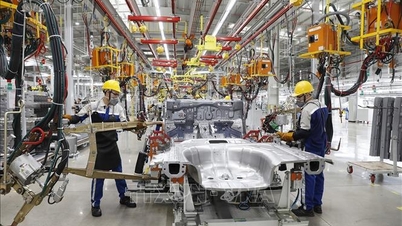




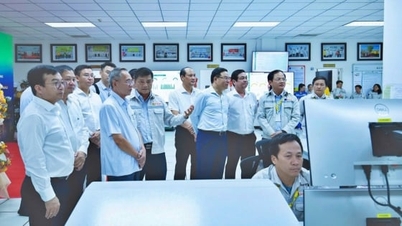




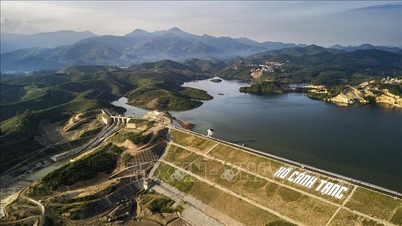

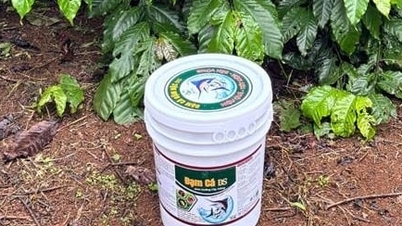





















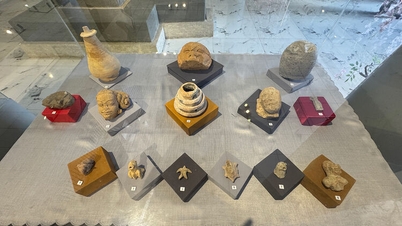




































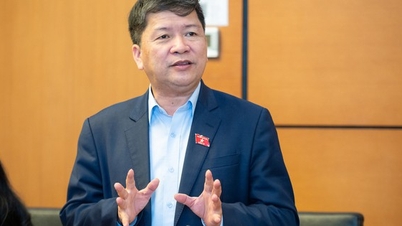





























Comment (0)